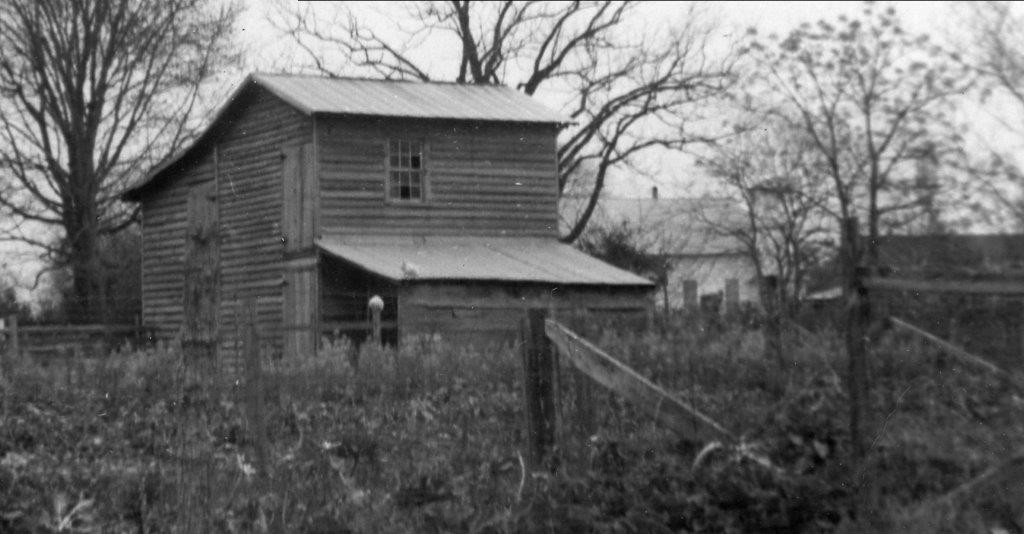Dirt roads
A friend and I were reminiscing today and he mentioned green stamps, greyhounds and dirt roads were in some of his favorite memories. Well, if you never grew up in a rural area or are not old enough to remember dirt roads, let me tell you a few things about them.
I was born and raised on a dirt road. What is a dirt road? It’s a public road that the State will maintain but it is not paved. A private dirt road is more like a luxury. The dirt roads I am speaking of were standard to transportation. You had to travel these roads to get where you were going and there were some peculiarities that come to mind today!
I remember the bus sliding into the ditch and getting a reprieve from a few hours of school while we waited to be pulled out. It was muddy and we got stuck from time to time during a lot of rain. It was soft under your feet when you walked to the neighbor’s house. It was dusty in dry spells and when cars went by fast the dust floated into your windows. My mother worked hard to get our dirt road paved by the State Department of Transportation. It was a very sad day for me when I drove up a paved road where once stood many good memories and a quaint dirt road. But, she was happy and proud. Her deeds were in the name of progress and a clean car.
Paul Harvey espoused the value of dirt roads and quoted Lee Pitts.
What’s mainly wrong with society today is that too many Dirt Roads have been paved. There’s not a problem in America today, crime, drugs, education, divorce, delinquency that wouldn’t be remedied, if we just had more Dirt Roads, because Dirt Roads give character.
People that live at the end of Dirt Roads learn early on that life is a bumpy ride. That it can jar you right down to your teeth sometimes, but it’s worth it, if at the end is home…a loving spouse, happy kids and a dog. We wouldn’t have near the trouble with our educational system if our kids got their exercise walking a Dirt Road with other kids, from whom they learn how to get along. There was less crime in our streets before they were paved. Criminals didn’t walk two dusty miles to rob or rape, if they knew they’d be welcomed by 5 barking dogs and a double barrel shotgun. And there were no drive by shootings. Our values were better when our roads were worse! People did not worship their cars more than their kids, and motorists were more courteous, they didn’t tailgate by riding the bumper or the guy in front would choke you with dust & bust your windshield with rocks. Dirt Roads taught patience. Dirt Roads were environmentally friendly, you didn’t hop in your car for a quart of milk you walked to the barn for your milk. For your mail, you walked to the mail box. What if it rained and the Dirt Road got washed out? That was the best part, then you stayed home and had some family time, roasted marshmallows and popped popcorn and pony rode on Daddy’s shoulders and learned how to make prettier quilts than anybody. At the end of Dirt Roads, you soon learned that bad words tasted like soap. Most paved roads lead to trouble, Dirt Roads more likely lead to a fishing creek or a swimming hole. At the end of a Dirt Road, the only time we even locked our car was in August, because if we didn’t some neighbor would fill it with too much zucchini. At the end of a Dirt Road, there was always extra springtime income, from when city dudes would get stuck, you’d have to hitch up a team and pull them out. Usually you got a dollar…always you got a new friend…at the end of a Dirt Road!

“People Who Live at the End of Dirt Roads “by Lee Pitts and it contains a quote by the late Paul Harvey on the back cover.


Comments are closed, but trackbacks and pingbacks are open.